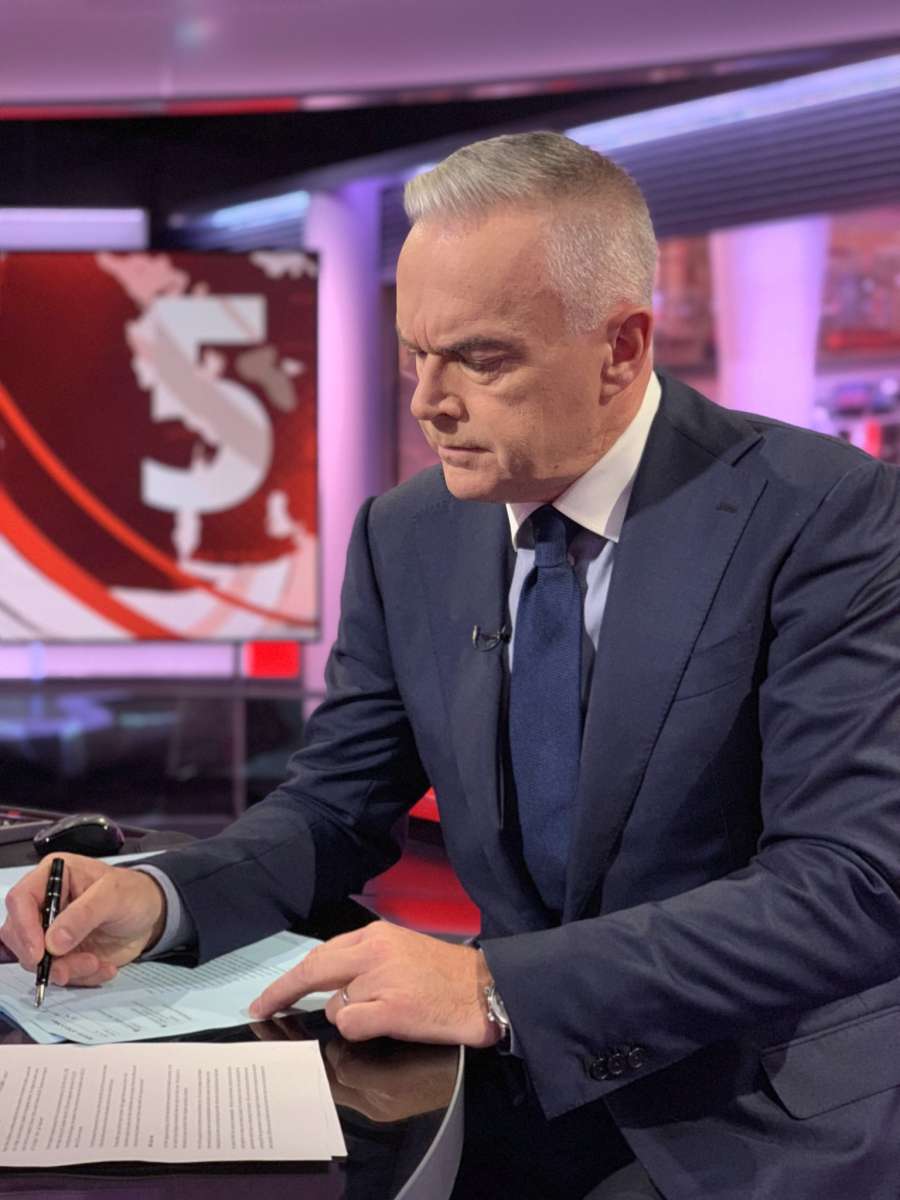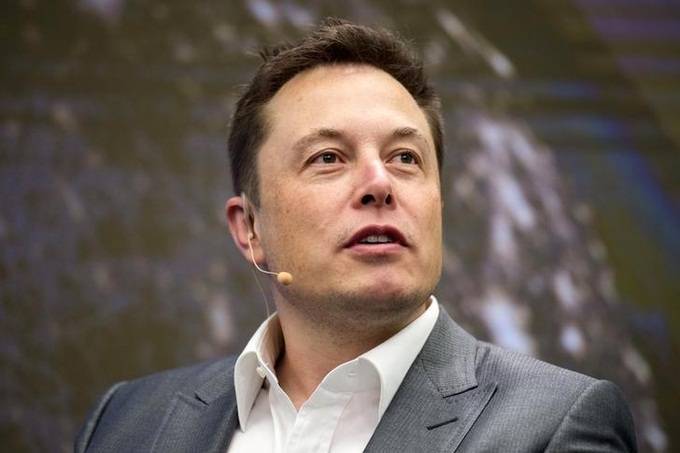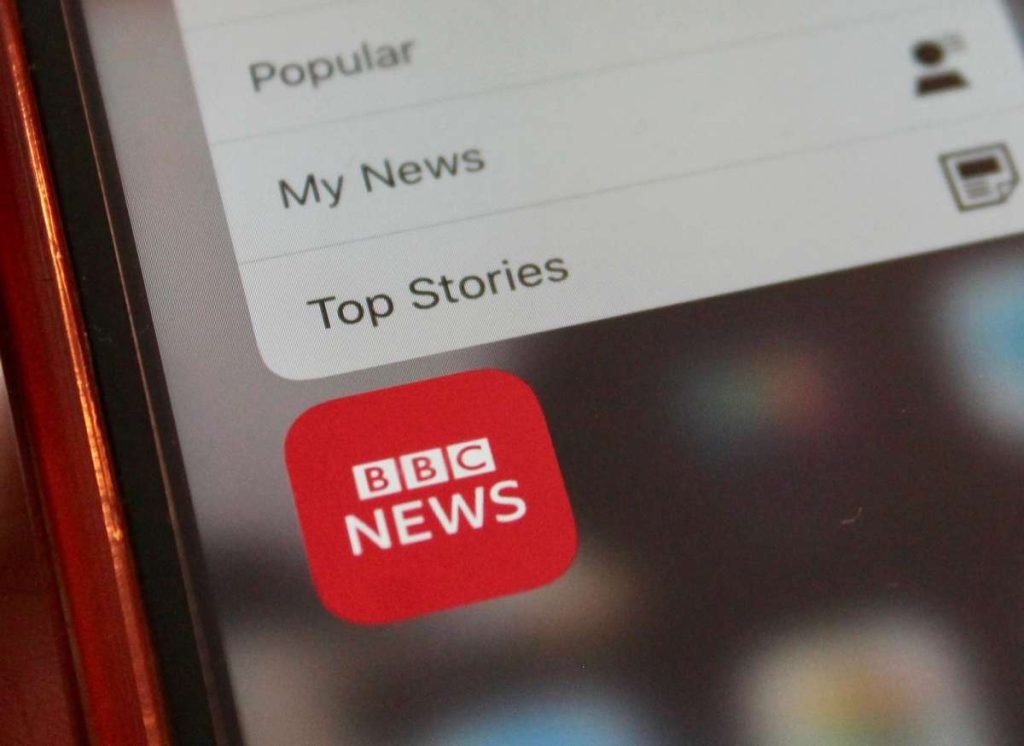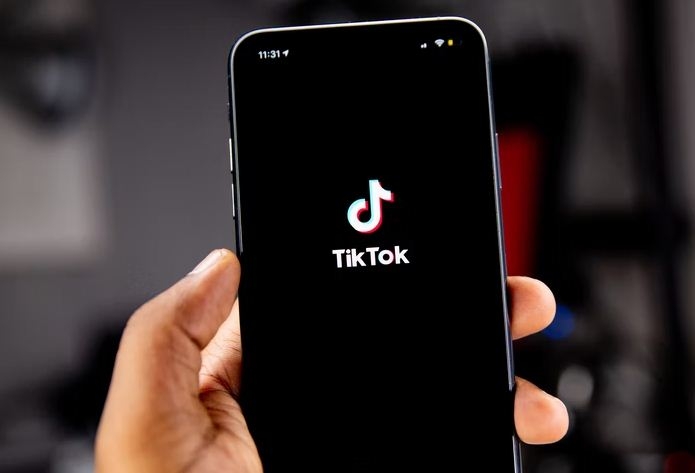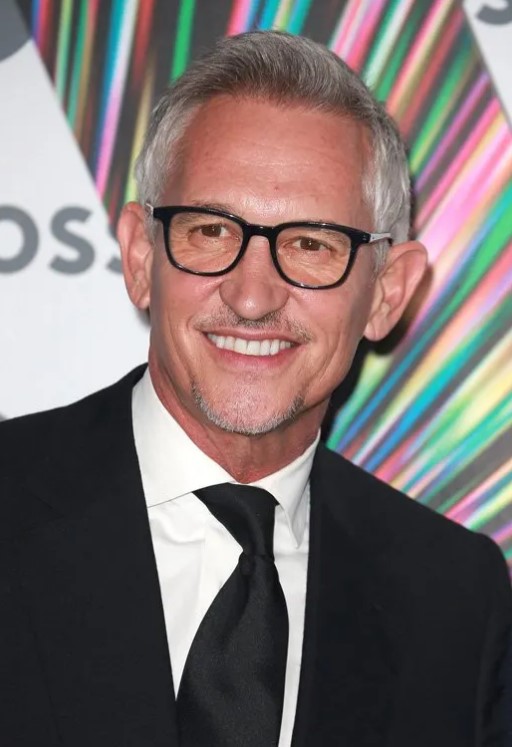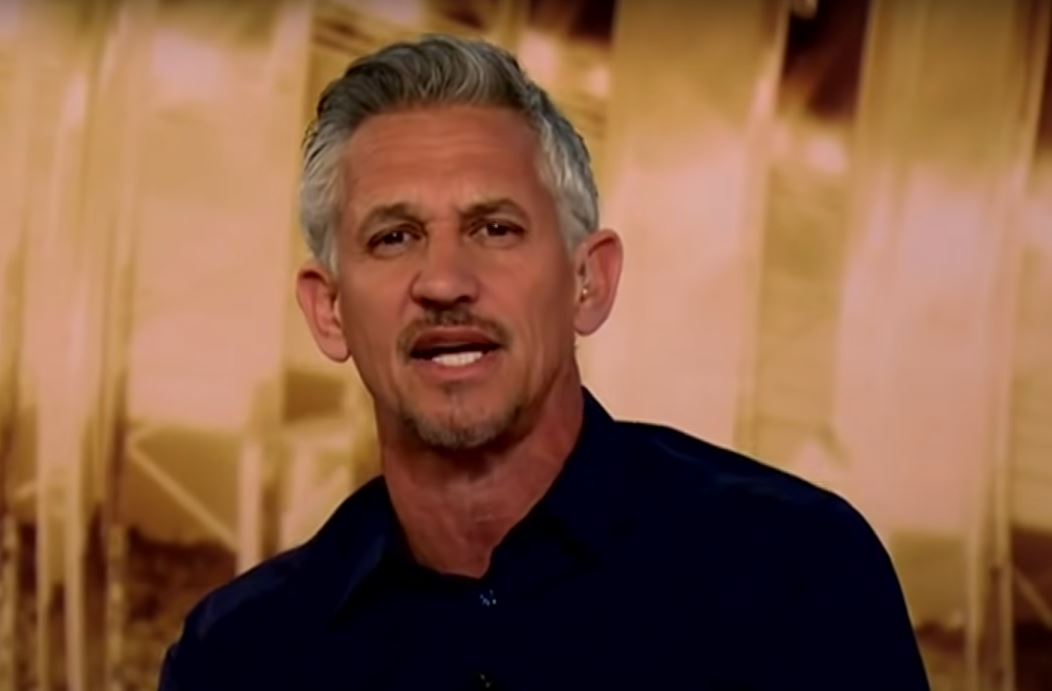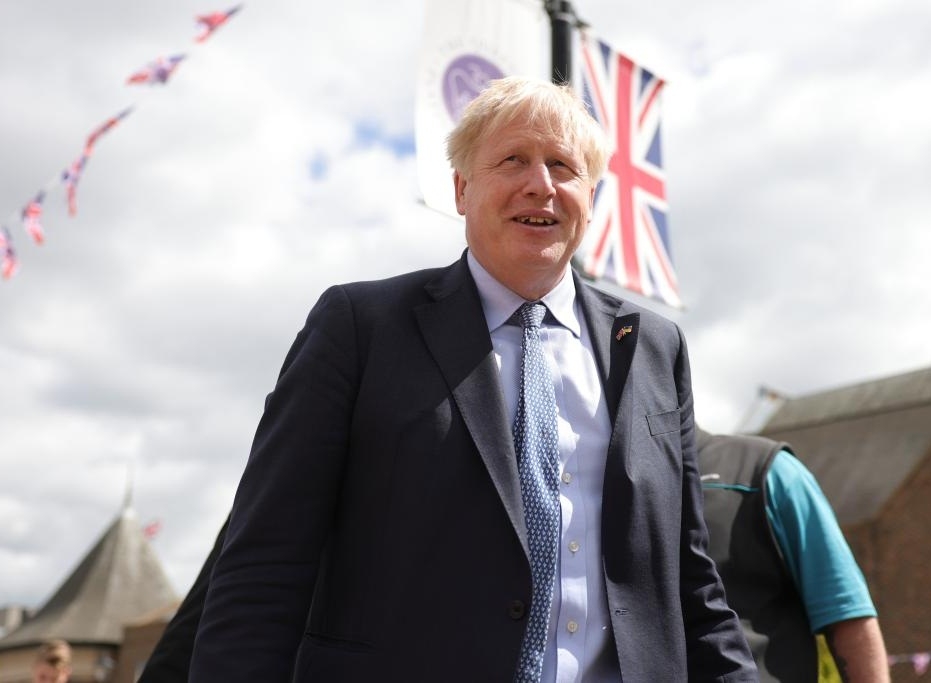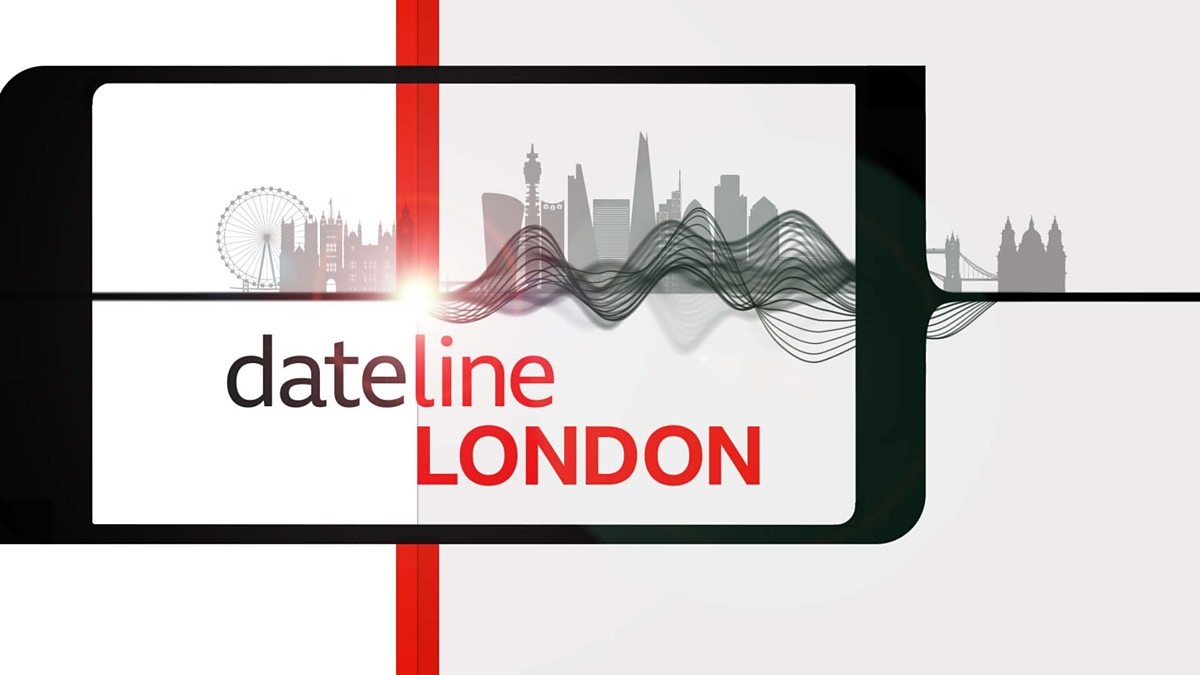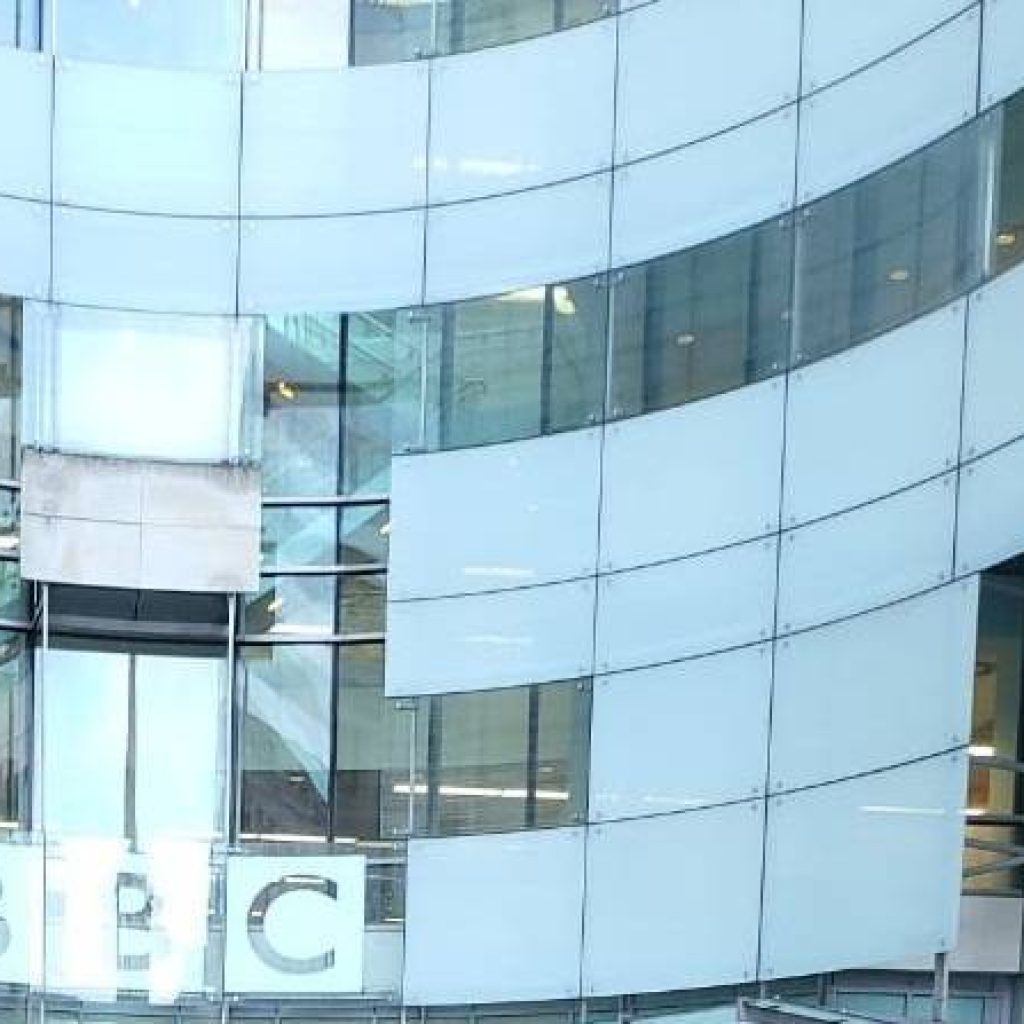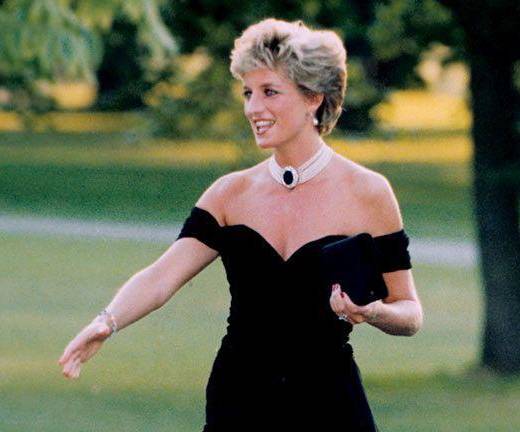Welsh journalist Edwards, 61, is one of the most recognisable faces on UK television…reports Asian Lite News
Veteran news anchor Huw Edwards was on Wednesday revealed by his wife as the BBC presenter accused of paying for explicit images but police said no criminal offence had been committed.
The furore has been front-page news and leading radio and television news bulletins in British media for six successive days.
It comes after the publicly funded BBC — whose brand is built on public trust — was rocked in recent years by scandals which saw some of their biggest names revealed as serial sex offenders.
But while traditional media outlets — bound by strict privacy and defamation laws — did not name the presenter, there was frenzied speculation on social media as to who it was.
Confirming his identity, Edwards’ wife Vicky Flind said her husband was “suffering from serious mental health issues” and was now “receiving in-patient hospital care where he will stay for the foreseeable future”.
London’s Metropolitan Police said there was “no information to indicate that a criminal offence has been committed” after examining information received. South Wales Police said the same.
Welsh journalist Edwards, 61, is one of the most recognisable faces on UK television, and was the man entrusted with telling the world that Queen Elizabeth II had died.
The BBC has been under the spotlight since allegations emerged last week in The Sun newspaper from the parents of a young adult, who said that the presenter had paid for explicit images of their child.
The young adult, however, called the claims “rubbish”.
The Rupert Murdoch-owned tabloid newspaper, a longtime critic of the BBC and a supporter of the ruling Conservative party, accused the corporation of failing to properly investigate the claims.
Edward’s wife said she was revealing his identity “after what have been five extremely difficult days for our family” and was doing so “primarily out of concern for his mental well-being and to protect our children”.
“Once well enough to do so, he intends to respond to the stories that have been published,” she added in a statement, saying that he only learned of the allegations on Thursday.
Media experts warned that attention could soon switch to The Sun after the police statement threw serious doubt on the parents’ claims of criminality.
“The question mark here is around the specific allegation made” of criminality, said media lawyer Matthew Gill of Howard Kennedy LLP.
“Now, it’s unclear from The Sun’s reporting whether they had any concrete evidence,” he added, warning they could potentially face a defamation suit.
A spokesperson for The Sun said the newspaper “has no plans to publish further allegations” and would cooperate with the BBC’s own internal inquiry in the matter.
But they added: “We must also re-emphasise that The Sun at no point in our original story alleged criminality and also took the decision neither to name Mr Edwards nor the young person involved in the allegations.
“Suggestions about possible criminality were first made at a later date by other media outlets, including the BBC.”
The newspaper’s reporting from the outset was about a complaint from the individual’s parents to the BBC about payments from the presenter that fuelled a drug habit, the spokesperson maintained.
Murdoch and the BBC have a long history of friction, with media industry publication Press Gazette calling the current claim and counter-claim “a war between two of the UK’s leading news publishers”.
“This episode can now only result with either News UK-owned The Sun or the BBC having their credibility severely diminished,” it added.
The first claims emerged in an article published Friday, in which the parents said the presenter had paid a total of £35,000 ($45,000) for the pictures.
The family said their child had used the money to fuel a crack cocaine addiction, prompting lawyers acting for the young person to deny the claims.
Three more people have since come forward with complaints, including that Edwards sent threatening and inappropriate messages, and allegedly broke Covid lockdown rules.
The softly-spoken, proud Welshman began delivering the nightly news to millions in 1994, and has either anchored or commentated on the UK’s most tumultuous events since then.
The 61-year-old presenter fronted the national broadcaster’s “Six O’Clock News” between 1994 and 2003, when it was the most-watched news programme in the UK.
His authoritative tones are most readily associated with some of the biggest events in the country’s recent political, social and royal history.
“I don’t think of myself as a severe person, but the job lends itself to seriousness,” he told the Radio Times of his sombre demeanour.
“I often turn up for events and one of the first things people say with surprise is that I have a good sense of humour.”
He led the BBC commentary team at the opening and closing ceremonies of the 2012 Olympics in London.
He also presented coverage of the 2011 wedding of Prince William and Catherine Middleton, which was watched by a peak domestic audience of 20 million viewers.
ALSO READ-BBC suspends well-known presenter

